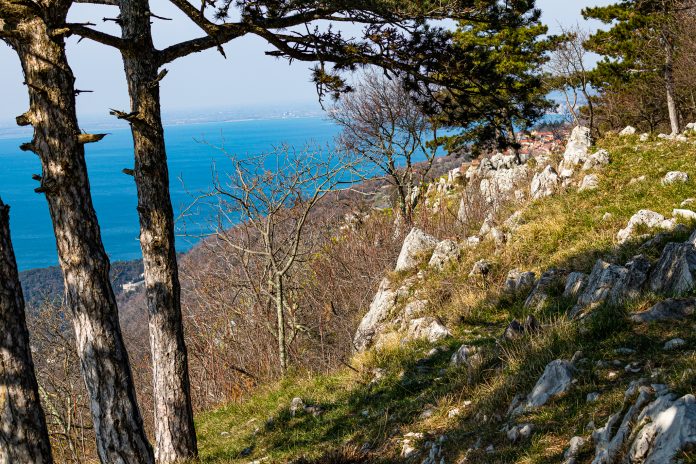by InTrieste
The reappearance of wolves in the Carso region has reignited a debate over conservation, rural economies, and cultural narratives. On February 22, the Scientific Museums of Trieste will host a public discussion as part of its “Learning While Walking” series, exploring the complexities of coexistence between humans and wolves.
Nicola Bressi, a naturalist and zoologist at the Civic Museum of Natural History of Trieste, will lead participants along trails where wolves once roamed before being eradicated from the region. In recent years, these predators have returned, prompting both ecological optimism and concern among local farmers.
“The presence of wolves has brought back fears, old legends, and a wave of misinformation,” Bressi said. “It has created a division between those who see them as a threat and those who view their return as an environmental victory. The real question is how to manage a rational coexistence.”
The event, titled “The Boy Who Cried Wolf! Coexistence Between Fairy Tales, Economy, and Zoology,” aims to move beyond the polarizing narratives of the wolf as either a menacing predator or a benign creature. Instead, the discussion will focus on pragmatic strategies for managing interactions between wolves and livestock while addressing broader conservation concerns.
The resurgence of wolves in northern Italy mirrors trends across Europe, where conservation efforts and legal protections have allowed populations to recover. However, this resurgence has not been without challenges. Livestock predation has led to tensions between conservationists and rural communities, prompting debates over compensation programs, protective measures, and the ecological role of apex predators.
The event is free to attend, with registration available online or upon arrival. Participants will gather at 2:45 p.m. at the entrance to the Ressel Trail in Basovizza, a location accessible by public transport.
As wolves reclaim their place in the Carso landscape, the discussion in Trieste highlights the broader question facing many regions: how to balance ecological restoration with the realities of rural life.





























